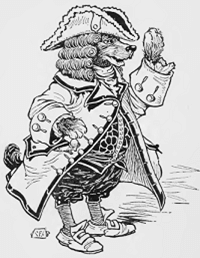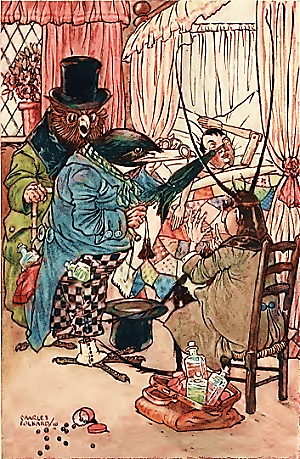 Pinocchio
Pinocchio
Pinocchio
Pinocchio



 Pinocchio
Pinocchio
Pinocchio
Pinocchio

Study the story for one week.
Over the week:
Activity 1: Recite the Book Information
Activity 2: Narrate the Story
Activity 3: Recite a Passage from the Chapter
Practice reciting aloud the following passage, with drama and feeling.
Activity 4: Dictate a Sentence from the Chapter